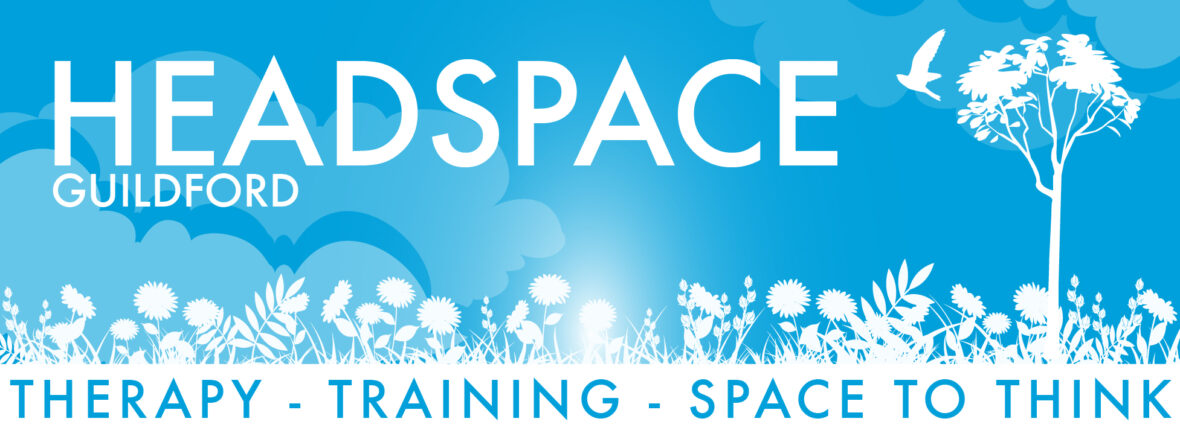Over the last couple of weeks, I have talked about how hard holidays can be. Perhaps that chimed with you – or perhaps not. Some people really do love holidays. Lots of the children and young people I see at Headspace Guildford really love the holidays. A time away can be important for rest and relaxation, for getting some headspace from your life and for reflecting on what’s happened and what will happen.
This week in my clinic I’m starting to hear lots of the anxieties creeping in, as always happens when we move towards the start of something new. It’s like that Sunday night feeling before going back to school or work, magnified lots because it’s the start of a new term. Going back to school can be exciting and interesting and give you a break from your family who have been bugging you over the holidays. And it can also be worrying, depressing, scary and anxiety provoking. At this time of year a lot of my conversations with young people centre around the things they are worried about with friends, teachers, new classes, new groups and sometimes new schools. It is a lot to do with the anticipation (and the dread) about what might be.
Will they still like me?
What if I get put in a class with those people?
What if I can’t do the work?
What if I’ve made the wrong choice?
Maybe no one will like me…
I might get into trouble.
Perhaps I won’t be able to manage the homework…
Worries about the future (even the near future) often ruin our present. There are worries we can do something about, but there are some worries we cannot deal with because they related to future events. So, we need a strategy for these.
I recently read an incredible book by Alice Jolly. She had an incredibly tough time, and one of her ways to cope was using the acronym NRTIHRN which stands for Nothing Really Terrible Is Happening Right Now. It’s a useful way to help cope with anxiety. Right now, here, in my house/the garden/the park/the shop, is something terrible happening. Occasionally it is, in which case then the worry is a present worry not a future one (we’ll talk about these some other time). But if NRTIHRN then you can move on to step 2. Step two is change the focus of your attention. This means think about something else. Something nice ideally. A great holiday you just had, or a sport or hobby you love. Or a happy memory. Or something you plan to do or a place you’d really like to visit. Or something you are excited about in your future.
Then, if the worry pops up again, you do the same thing again. Step 1 – NRTIHRN, Step 2 – change the focus of your attention. Step 1 – NRTIHRN, Step 2 – change the focus of your attention. Step 1 – NRTIHRN, Step 2 – change the focus of your attention…you get the idea.
Brain strategies like these take energy and they take practice. Just like learning to play football or ride a bike or learning to floss, we need to practice mental exercise too and we won’t be perfect at it the first time. But we also know that with enough practice, anyone can floss (https://youtu.be/uO5omyghieA and https://youtu.be/Q3E1wdlmrVI) and similarly everyone can learn to manage worries. Remember, mostly NRTIHRN. When it is, there is help out there. When it’s not, don’t let your worries about the future ruin this moment now. Start with a deep breath and go from there.
